16 March 2022
Pension schemes
Despite significantly increased contributions, and other changes made to pension provision arrangements by registered providers over recent years, the latest revaluation shows that the social housing pension scheme’s deficit in England and Wales is worsening.
The deficit of the Scottish Housing Associations’ Pension Scheme improved, but it continues to fluctuate.
Is your Board considering further changes to your scheme?
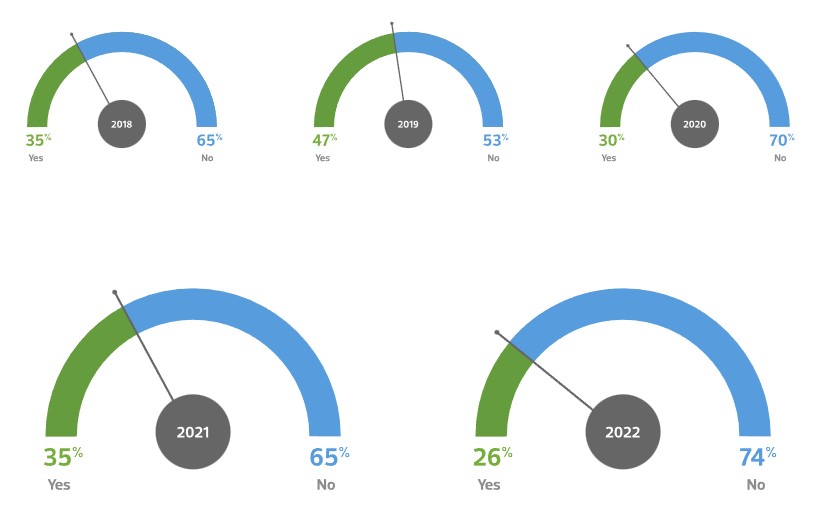
Most likely changes
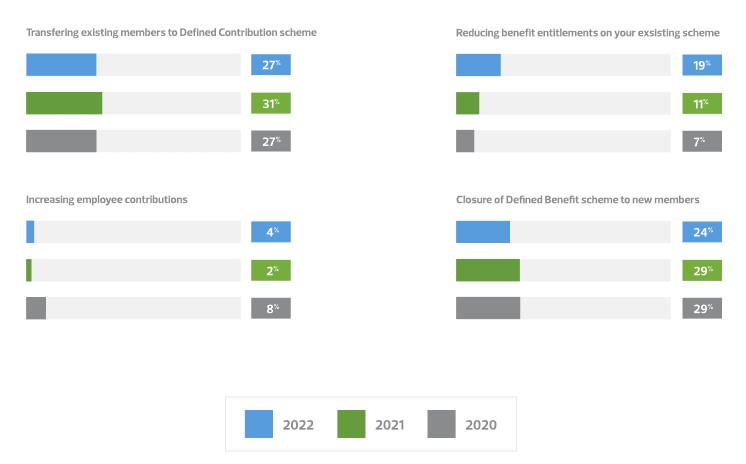
By and large, we are not seeing any sign of seismic changes to the status quo for pension funds and benefits in 2022.
Salary movements
Some long-awaited good news may be in store for employees across the sector, as 62 per cent of respondents plan to increase salaries by 3 per cent or more after a period of low-to-no increases. Salaries in the sector have been all but static over the last two to three years, but the impact of inflation is clearly being acknowledged.
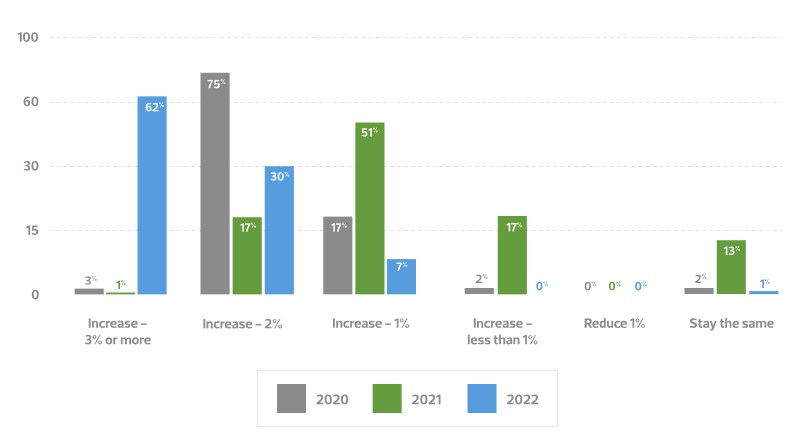
Fraud
We’re seeing a consistent, though incremental, increase in fraud. The ‘Sodinokibi’ ransomware attack on Flagship Housing in November 2021, caught early by Flagship’s monitoring system, may have been a salutary lesson to the whole sector (albeit an expensive one for Flagship).
There are signs that systems and policies are continually improving. Many banks and insurance companies offer free training to help combat cyber fraud and this, combined with the sector implementing greater controls, appears to be having an impact – fingers crossed. More associations are appointing specialists in IT and digital systems, rather than incorporating those functions into an existing role.
The key finding here was that, although the percentage of those experiencing fraud was down one percent from last year’s survey (which is surprising), the number of respondents who suffered financial loss as a result has markedly increased.
We know from other studies that fraudulently submitted invoices remain the sector’s biggest source of loss.
Have you suffered from financial loss in the last 12 months?
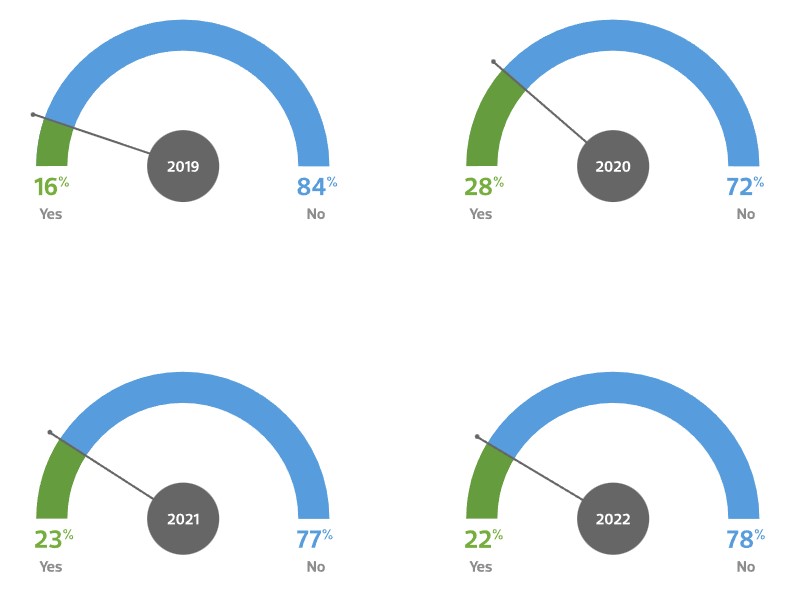
If yes, how much did you lose?
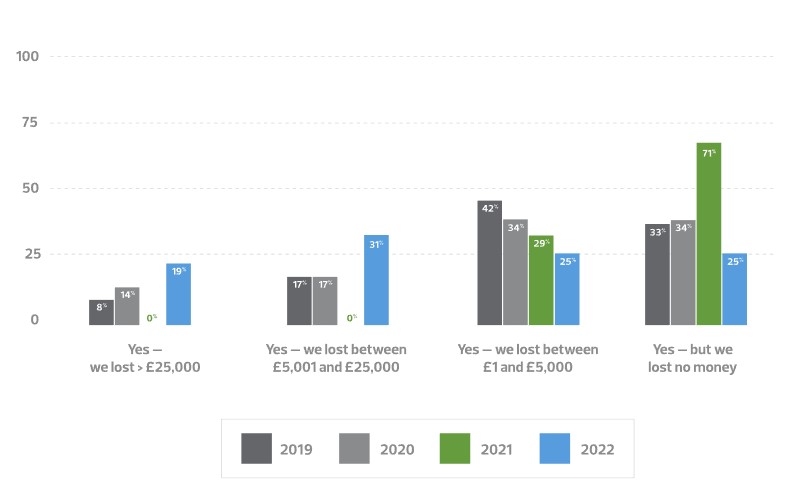
Digitalisation
In 2021, a significant 69 per cent of respondents were satisfied that their digital investment had paid off. The drop to 57 per cent year could be explained by housing associations already having spent this year’s budget to manage last year’s extraordinary circumstances, including increased home working and a greater reliance on digital services by tenants and employees alike.
Do you feel your digitalisation investment has met your expectations?
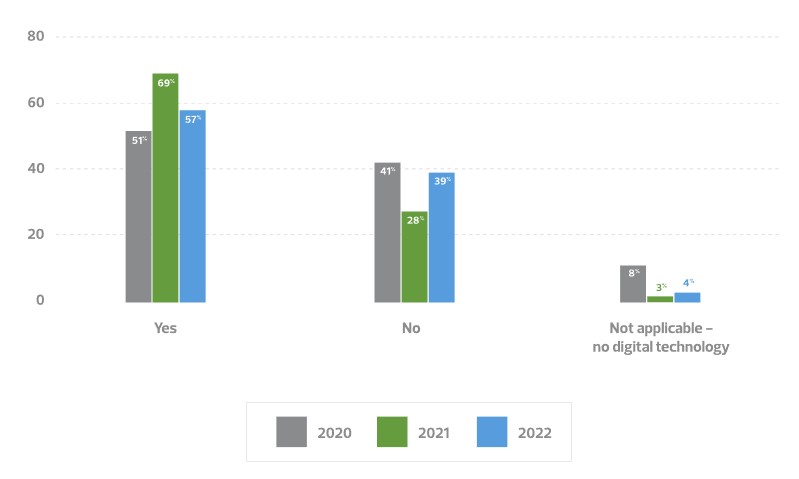
Rent increases
England and Wales
2021 was not a banner year for the Rent Standard. Several large housing associations ran into trouble by charging their tenants inaccurate rents, so we were interested in where the housing associations of England and Wales think responsibility for the Rent Standard lies.
With this area having a high number of regulatory involvements, does your Board take responsibility for confirming the accuracy of rent setting to enable compliance with the Rent Standard?
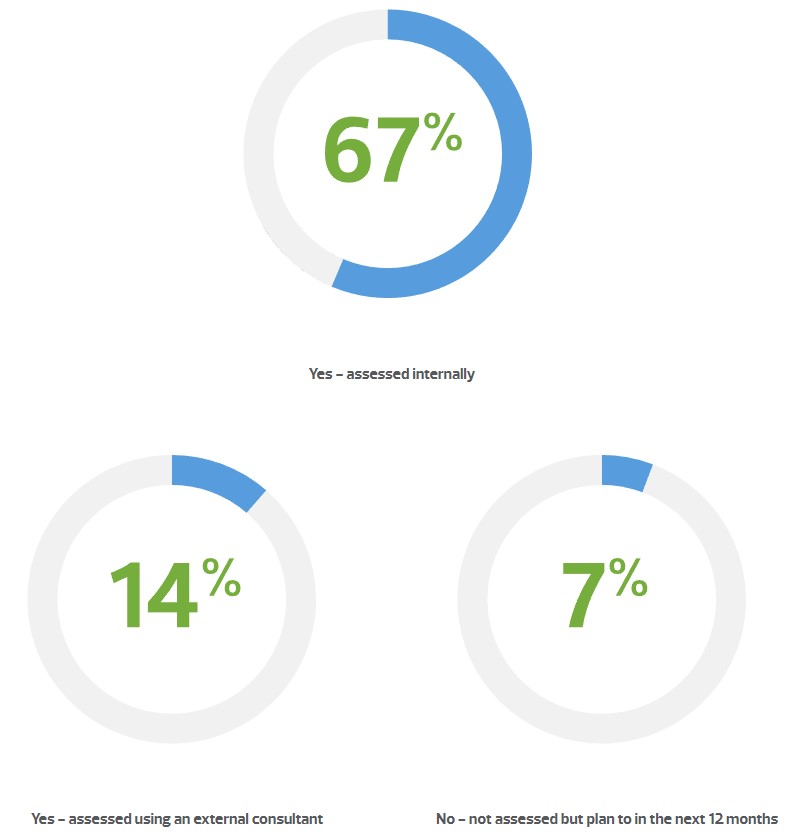
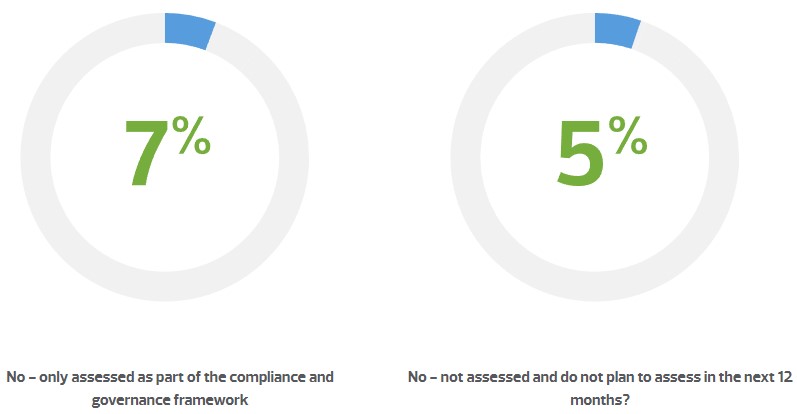
Back in 2016, the Welfare Reform and Work Act required that social housing associations start reducing rent by 1 per cent rent each year from 2016. But in April 2020, the government lifted the requirement and paved the way for rents to increase for the next five years. Rents can be raised by a maximum that’s equivalent to the Consumer Price Index (CPI) measure of inflation, plus 1 per cent.
The effect of this is apparent: 93 per cent of respondents plan to increase their rents by the maximum allowable amount this year.
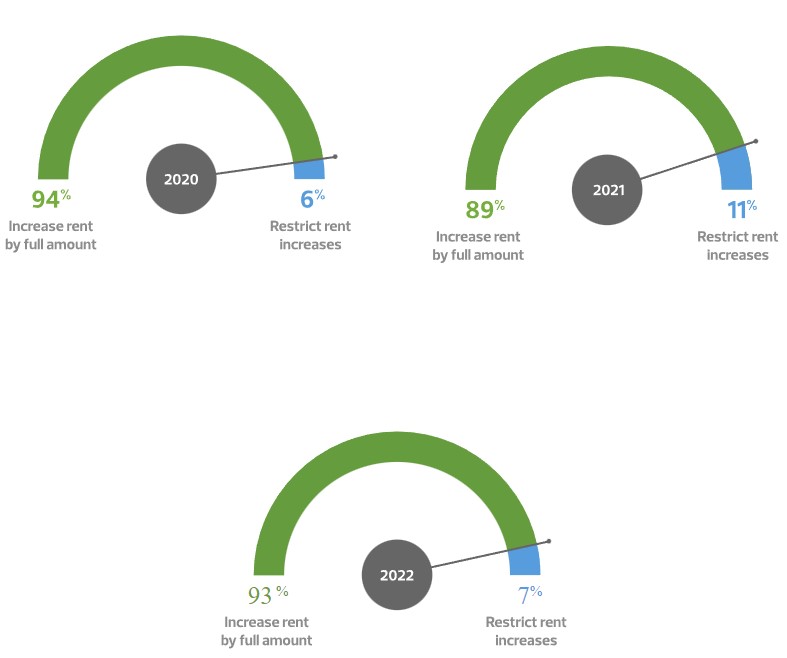
Scotland
Although Scotland doesn’t have the Rent Standard, Scottish housing associations tend to link their rents to CPI. We know that a record number of registered social landlords (RSLs) froze their rents in 2021/22, such that the average planned increase per the 2021 Scottish Social Housing Charter was 1.2 per cent – the lowest average increase for many years.
Only 13 per cent of the RSLs we surveyed are planning to increase their rents above CPI for 2022/23. 58 per cent intend to increase rents, but by less than the CPI.
Clearly these reductions in the planned rent increase will be welcome news for tenants, especially given increasing energy costs and the end of the £20 universal credit uplift. But it’s equally clear that this reduction means the actual income of many RSLs will be less than they had previously projected in forecasts and business plans, meaning they will have greater focus on cost control, efficiencies and value for money.
The Scottish RSL sector has seen record numbers of RSLs freezing their rents for 2021/22. What is your intention in relation to rent increases for 2022/23?
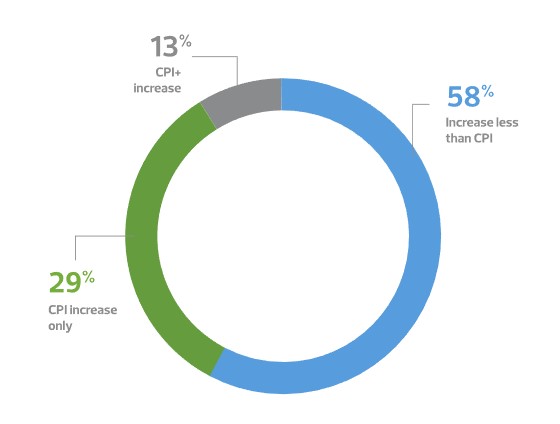
Value for money
Value for money (VfM) is not just about cutting costs and making savings. It is also about operational effectiveness, delivering quality to residents, being efficient and demonstrating transparency and accountability to stakeholders and regulators.
Too often, however, VfM is delegated to the finance team and this is not a desirable or helpful approach. The Regulator of Social Housing for England and Wales was so unimpressed by the general standard of VfM reporting in 2019 that it was moved to issue a report .
Three years on, it’s therefore surprising that more than half of our respondents see VfM as part of the finance team’s function.
While acknowledging the Board ultimately has overall responsibility for VfM, where in your organisation does the day-to-day responsibility for the co-ordination of VfM sit?
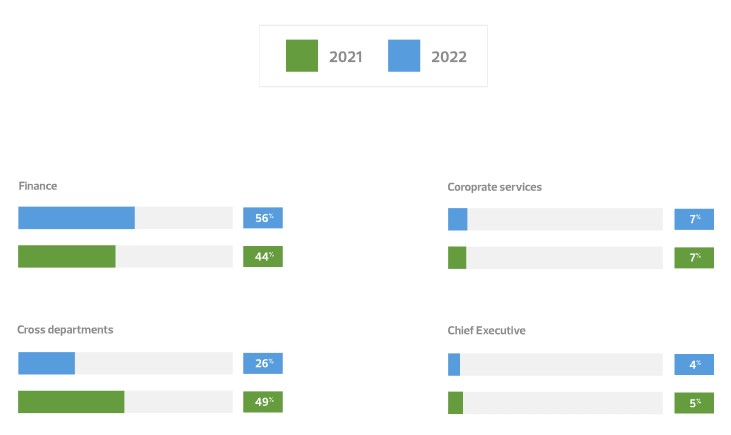
The big VfM question arising from our survey is whether it’s time for a Scottish standard.
At present there isn’t one, although the SHR does have a focus on rent affordability and the outcomes and services tenants get, and monitors this through The Scottish Social Housing Charter. More regulatory paperwork is often unwelcome, so it’s perhaps surprising that nearly 50 per cent of our respondents in Scotland want more emphasis on the measuring and reporting of VfM in financial statements.
This may reflect the impact of coronavirus and the cost of living increases on tenants, and many RSLs may see this as an opportunity to set out clearly what they do, the difference they make and the value of their work to a range of stakeholders, including tenants.
Should a Scottish VfM standard come into being, our sense is that it will largely follow the template set by the model code of governance.
Do you believe more emphasis should be placed on measuring and/or reporting in financial statements on Value for Money?
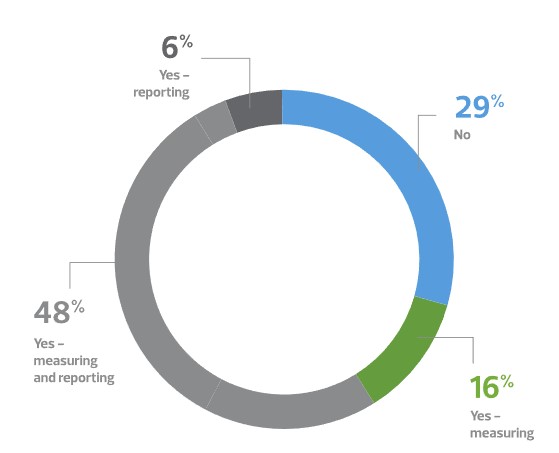
Annual Assurance Statements
The Scottish Housing Regulator, unlike the Regulator of Social Housing, has the power to ‘intervene’ to safeguard the interests of social housing tenants and service users. It has used this power a number of times over the last five years to deal with a series of failures in the sector that mainly arose from governance issues.
Assurance is an important function of governance. The introduction of the Annual Assurance Statement in 2019 sought to help governing body members get the assurance they need about compliance with regulatory and statutory obligations. Behind the scenes, a lot of work goes into ensuring the board is ‘assured their organisation complies with regulatory requirements and standards or to disclose areas where they need to improve.’
That 10 per cent of our respondents say the assurance statement has ‘greatly improved’ their governance reinforces the impression that the assurance statements are serving their intended purpose: in fact, 61 per cent see no need for the implementation of an equivalent to England’s National Housing Federation Code of Governance.
All RSLs have now submitted three Annual Assurance Statements to SHR – do you think there has been an impact on your organisation’s governance?
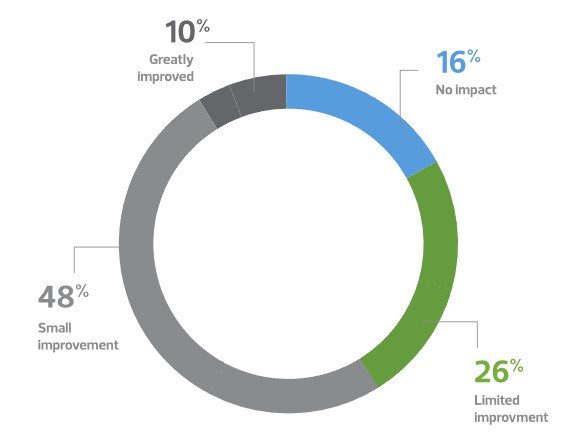
A National Housing Federation Code of Governance has been in place for a number of years now to help housing providers in England achieve the highest standards of governance and board excellence – would you welcome a similar Code in Scotland?
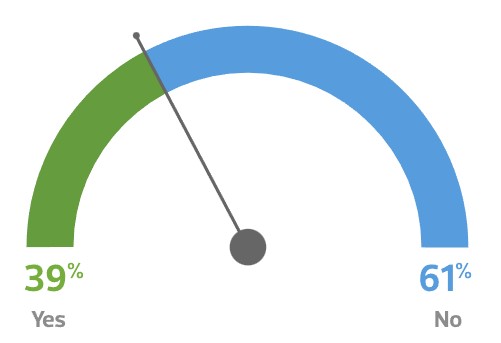
Given the impact of coronavirus on tenants, do you think that the focus on value for money as a priority in your RSL will...?
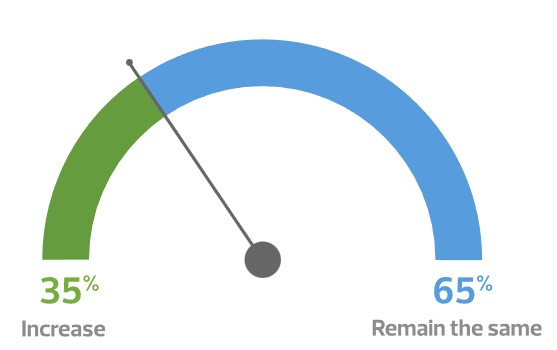
Get more insight from our 2022 survey
Want to know more about how the social housing sector has fared over the last 12 months? Interested in what social housing organisations have got planned for the months ahead?
Read the next articles in this series for a snapshot of the health of the sector in 2022 below.
Contact us for support and advice
Our social housing specialists can help you and your board decide how to tackle the big governance challenges facing your organisation
Contact Keith Ward, our Head of Social Housing, to discuss your challenges.






